Supporting Babies in the Early Years
24/01/2023
Supporting Babies in Early Years
Working with babies can be hugely
rewarding, with excited celebrations as they reach developmental milestones,
fun at messy mealtimes and the look of wonder on their little faces as they experience
something for the first time. Those early years are a truly magical time.
And just like all areas of care, looking
after babies comes with its own challenges and requires specialist knowledge
and understanding in order to meet their needs.
Here, we take a look at just some of the
key areas from our ‘Babies in Early Years’ course to help give you an
understanding of what you need to know in order to nurture their all-round
wellbeing and development in a safe environment.
1. Settling babies into nursery
Starting nursery can be an exciting, but unsettling time for babies.
Many of them may never have left their parent or carer up until this point or
spent any significant time away from the familiarity of their home.
Everything is new and unfamiliar to them, so understanding ways in
which you can help to settle babies into the nursery environment will help to
make the transition easier for all involved.
2. The role of the Key Person
Part of this transition is establishing early secure attachments. A
key person’s role is to build
those positive relationships with the babies in their care and to ensure that
care and learning opportunities always meet children’s needs.
They will collect evidence to show children’s
progress in all areas and play a huge role in developing a positive parentship
with parents.
3. Working with parents
Parents will experience a variety of emotions and an important aspect
of the role is to gain the professional relationship with the parent, so they
openly provide information about their children.
This will help to inform an early year’s development plan in-line with
not just the EYFS, but their individual needs.
4. Attachments in Early Years
Attachment refers to a bond
between a child and their primary caregivers, and the strength of these bonds
has a long-term impact on a child's sense of self, development, and future
relationships. These bonds are established in early years, so nurturing strong,
healthy relationships with babies in your care is vital to their future
wellbeing.
Since forming a strong attachment is so crucial, parents and care
providers should be deliberate about ensuring a child has access to the types
of care that encourage attachment.
5. Key areas of development
As I’m sure everyone who cares for babies can appreciate, their
development has many areas, from social development, physical development,
communication and many more. And they will happily progress at the own speed.
As one of their primary carers, it is important to encourage them to
meet the appropriate milestones, and to monitor their individual progress to
create a plan tailored to them.
These are just some of the areas that require
specialist understanding when it comes to caring for babies. But there is so
much more to learn, from safe and
effective routines including sleep and rest times, the importance of record
keeping and implementing sufficient risk assessments to the science behind young brain
development and the benefits of outdoor play to name a few.
To find out how you can deliver the best
care to babies in a safe and nurturing environment, check out our Supporting
Babies in Early Years course https://busybeestraining.co.uk/e-learning/children-and-young-people/supporting-babies-in-early-years-live-session

